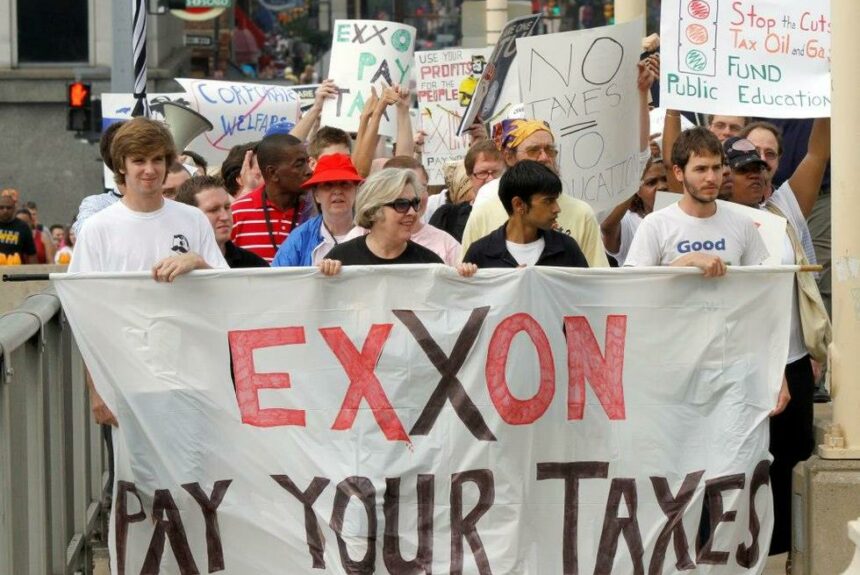Pew Research Center has a new poll on climate policy attitudes that tracks closely with the poll C3 Action recently released with some important distinctions around issues of cost and financing.
>>>READ: New Poll Finds Strong Support for Climate Solutions Rooted in Economic Freedom
Both polls found that the public overwhelmingly believes climate change is real and is not a hoax. In 2019, Pew found that 79 percent of adults believe human activity is contributing to climate change. Pew’s new poll found that only 8 percent of adults believe climate change is not contributing to “long periods of unusually hot weather.” The C3 Action poll asked slightly different questions that told a similar story. C3 Action found that only 14 percent of Republicans believe climate change is not happening and that more than 70 percent of Americans believe humans are contributing to climate change. These results are an important reality check. Building a political or policy strategy around convincing people that climate change is not real, and that human activity has no role, cedes the debate to the far left and opens to door to terrible policy outcomes.
Both polls also found that natural solutions like planting trees are overwhelmingly popular, as is carbon capture. And it’s clear that the public generally wants to see more renewable energy. Yet, the proverbial devil is in the details. The polls diverge when it comes to questions about how to achieve popular goals and pay for them.
For instance, Pew found that while 68 percent of Americans favor taxing corporations to address climate change based on their carbon emissions, a majority (55 percent) oppose phasing out the production of new gasoline cars and trucks by 2035. One explanation for the difference is that people intuitively assume someone else is paying the tax (i.e. the corporation) while they would personally be picking up the tab for an elective vehicle. To be fair, accurate polls are hard to do. Not every question can capture the implications of every policy choice. But polls frequently understate price sensitivity and overstate the viability of sweeping policy changes that have real costs for consumers. When it comes to corporate taxes there is no such thing as a corporate tax that isn’t passed on to consumers. When consumers are presented with this fact, corporate taxes become a lot less popular.
>>>READ: “Eating the Rich” Won’t Solve Climate Change
The health care debate is a good example. Concepts like “universal” access have polled well for 30 years but support for specific policies like “Medicare for all” or “single payer” health care erode very quickly when Americans confront personal costs (i.e. higher taxes) or a loss of personal freedom (i.e. not being able to choose their doctor). The same is true in the climate debate. While Pew found that corporate tax increases seem popular, C3 Action found that 76 percent of Republicans and Democrats are not willing to pay more than $10 a month to fight climate change.
If policymakers are serious about enacting durable climate solutions the most popular avenues are deregulation and offsetting any new spending with reductions in other areas of the budget. Tax increases are very unpopular and when people learn that taxing corporations to address climate change affects them personally, they lose their luster very quickly.
The views and opinions expressed are those of the author’s and do not necessarily reflect the official policy or position of C3.
